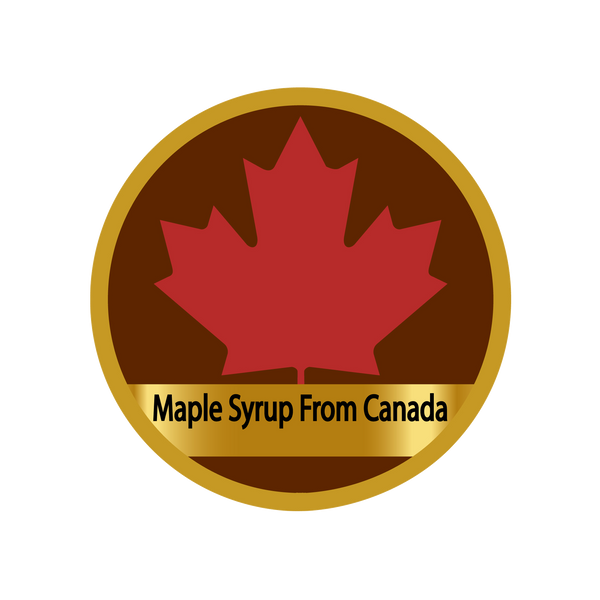The United States Department of Agriculture (USDA) has recently enacted the "Strengthening Organic Enforcement" (SOE) Final Rule, marking a significant shift in the organic certification landscape. As of March 20, 2023, with full implementation by March 19, 2024, the new regulation aims to bolster the oversight and enforcement of organic products' production, handling, and sale within the United States. For importers of organic maple syrup, these changes herald both challenges and opportunities.
Key Takeaways for Maple Syrup Importers
1. Mandatory NOP Import Certificates: A pivotal aspect of the SOE Final Rule is the requirement for NOP Import Certificates for all organic products entering the U.S. This means maple syrup importers must ensure their products have valid certifications, generated in the Organic Integrity Database by the certifying agent of the exporter. This measure aims to enhance the traceability and oversight of imported organic products, including maple syrup.
2. Expanded Certification Requirements: Under the new rule, any operation that produces, handles, or in this case, imports organic agricultural products, must be certified. The definition of "handling" has been broadened significantly, encompassing importing activities explicitly. This expansion ensures that all entities in the supply chain, from production to sale, adhere to organic standards, impacting importers directly.
3. Strengthened Oversight and Enforcement: The SOE Final Rule introduces robust mechanisms to combat organic fraud and improve supply chain traceability. For maple syrup importers, this means adhering to stricter recordkeeping requirements and ensuring that their supply chain is fully transparent and compliant with organic standards. These measures aim to protect the integrity of organic labels and build consumer trust.
4. Implications for Producer Groups: For importers sourcing from producer groups—common in the maple syrup industry—the new rule specifies certification requirements under a single organic certificate. These groups are defined by an internal control system (ICS) that ensures compliance with USDA organic regulations. Importers must verify that their sourcing groups meet these new standards to continue importing organic maple syrup.
5. Emphasis on Qualified Personnel: The rule outlines qualifications and training requirements for personnel involved in the organic certification process, including those conducting inspections and reviews. Importers must ensure their suppliers are inspected and certified by qualified professionals, reinforcing the credibility of their organic maple syrup products.
6. Mediation and Appeals: The SOE rule updates the processes for handling noncompliance and appeals, introducing mediation as an alternate dispute resolution method. This provides a pathway for importers to resolve disputes or noncompliance issues more efficiently, ensuring that their organic products meet U.S. standards.
Conclusion
The "Strengthening Organic Enforcement" Final Rule represents a significant advancement in the USDA's commitment to maintaining the integrity of organic products. For maple syrup importers in the USA, compliance with the new regulations is not just about adhering to the law; it's about participating in a culture of transparency and trust that defines the organic market. By embracing these changes, importers can assure their customers of the authenticity and quality of their organic maple syrup, ultimately contributing to a more sustainable and trustworthy organic industry.

